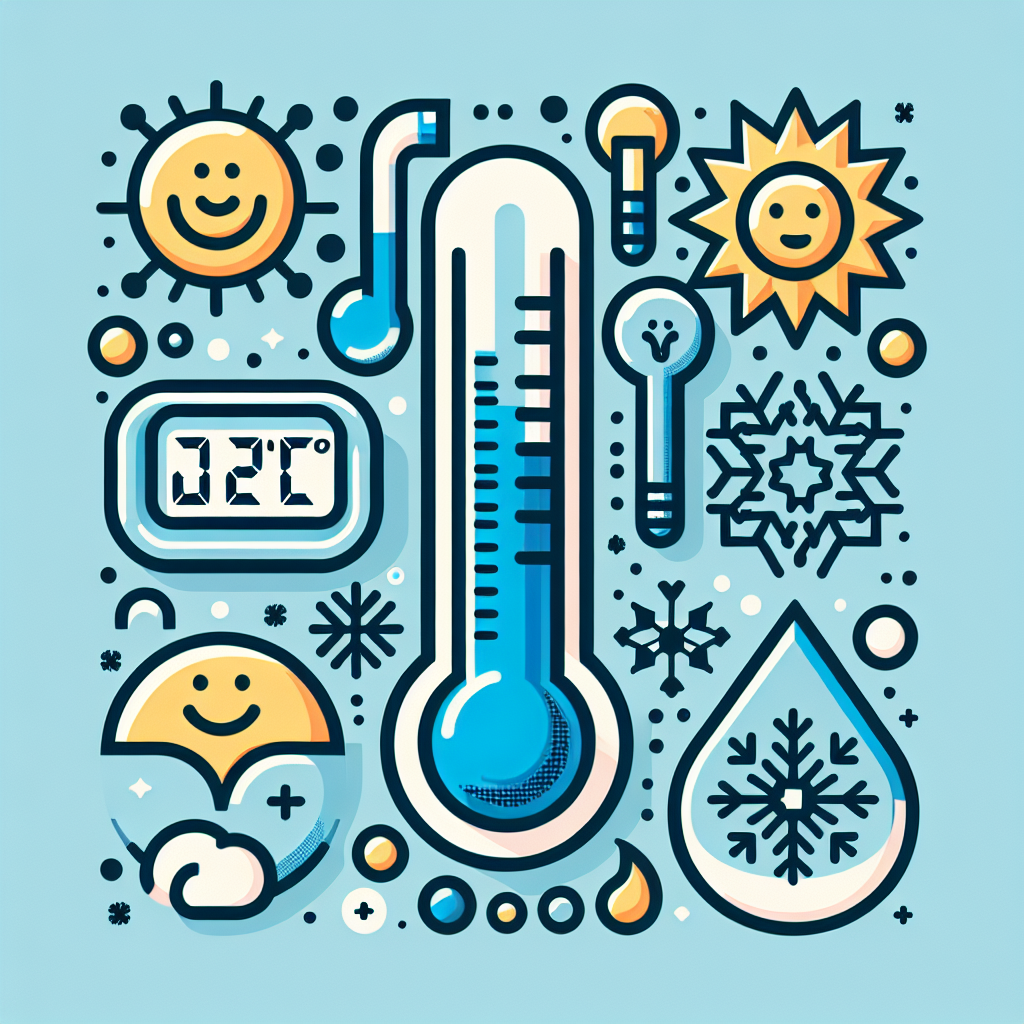Rising Temperatures Threaten India's Wheat and Rapeseed Yields
India is facing above-average temperatures in February in its key wheat and rapeseed growing regions, which poses a threat to crop yields. This could lead to reduced production and necessitate import tax adjustments, following several years of poor harvests.

India is bracing for unusually high temperatures in February, potentially impacting wheat and rapeseed crops in key agricultural states. According to weather bureau sources, temperatures could climb up to 5 degrees Celsius above average.
The world's second-largest wheat producer is hoping for a substantial harvest in 2025 to mitigate the need for imports after consecutive years of poor yields since 2022. A similar temperature surge in early 2022 had prompted India to halt wheat exports.
The India Meteorological Department forecasts above-average temperatures for northern, central, and eastern states, which pose a risk during the grain formation stage. This could lead to decreased yield, impacting overall production and possibly prompting government measures, such as reducing the 40% import tax.
(With inputs from agencies.)
- READ MORE ON:
- India
- temperatures
- wheat
- rapeseed
- crops
- harvest
- imports
- weather
- yields
- climate change
ALSO READ
Chhattisgarh's Record Paddy Procurement: A Bumper Harvest
Trade Tensions Flare as China Hits U.S. Energy Imports with Tariffs
Trade Tensions Rise as China Retaliates with New Tariffs on U.S. Imports
EU Cracks Down on Shein and Temu: A Battle Against Unsafe E-Commerce Imports
Record Imports and Widening Trade Deficit: A Balancing Act










